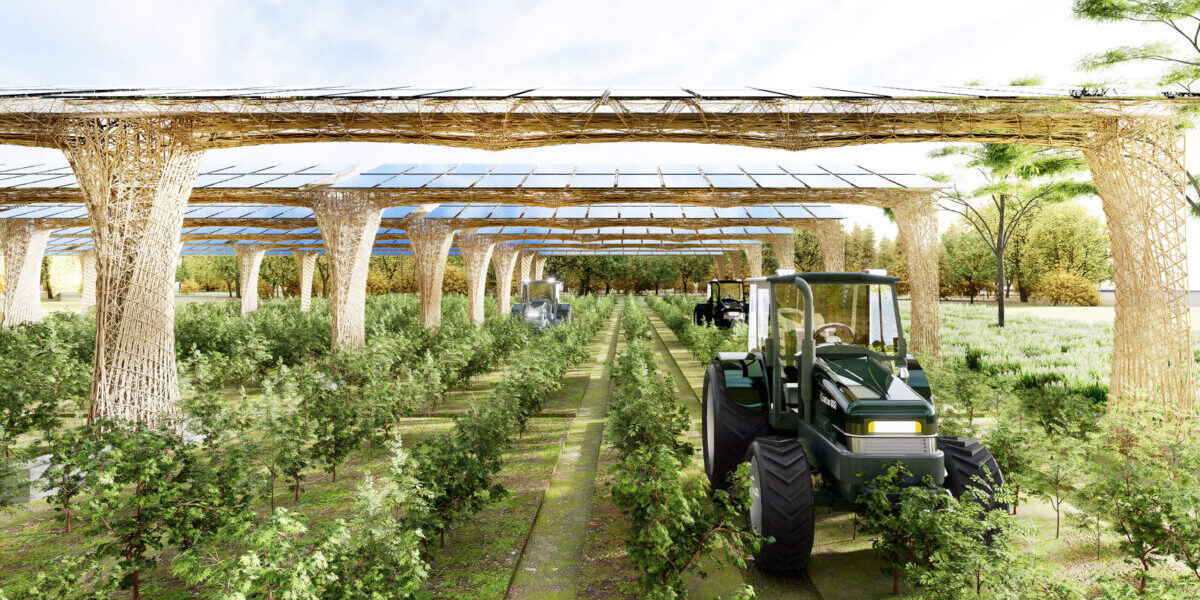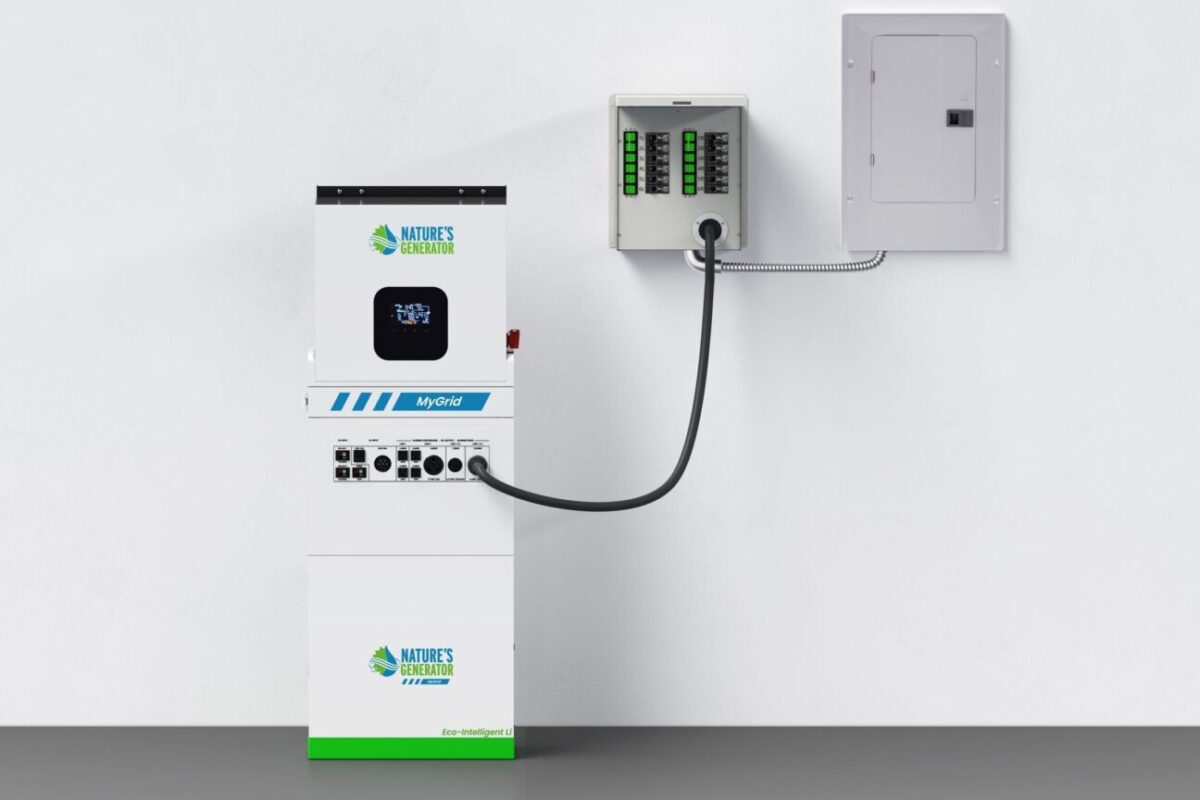From pv magazine Germany
Germany-based Agro Solar Europe GmbH has developed a special mounting structure made of organic materials for applications in agrivoltaic facilities.
The company said it has tested its AgroSolar.FibR system together with technology partner FibR GmbH. It added that it will now begin deploying the structure in several pilot projects.
Instead of steel, Agro Solar Europe uses materials such as carbon, flax, and wood fiber, as well as other unspecified renewable raw materials. The new structures are stable, resemble trees, and fit perfectly into the landscape, according to the manufacturer.
The wound lightweight construction of the organic material not only achieves a high load-bearing capacity, but also reduces the use of natural materials by 90%. In terms of weight, substructures can also be up to 90% lighter than structures made of steel.
Agro Solar Europe said that with better landscape integration, the acceptance of agricultural PV systems among the population can be increased even more.
“In the future, we will be able to manufacture our agrivoltaic systems from the same materials that are grown under the systems,” said Markus Haastert, managing director of Agro Solar Europe. “In this way, we are bringing added value back to Germany and defusing dependencies on other markets.”
Technology partner FibR said it is also satisfied with the results achieved thus far.
“With our resource-efficient lightweight construction, extremely long-span, highly load-bearing structures can be produced,” said the company's founder, Moritz Dörstelmannn, who is also a professor of digital design and fabrication at the Karlsruhe Institute of Technology (KIT). “In cooperation with AgroSolar Europe, we can optimally use this technology and thus create sustainable and efficient solutions for agriculture.”
Agro Solar Europe said it wants to start mass production of the system in 2026.
This content is protected by copyright and may not be reused. If you want to cooperate with us and would like to reuse some of our content, please contact: editors@pv-magazine.com.




1 comment
By submitting this form you agree to pv magazine using your data for the purposes of publishing your comment.
Your personal data will only be disclosed or otherwise transmitted to third parties for the purposes of spam filtering or if this is necessary for technical maintenance of the website. Any other transfer to third parties will not take place unless this is justified on the basis of applicable data protection regulations or if pv magazine is legally obliged to do so.
You may revoke this consent at any time with effect for the future, in which case your personal data will be deleted immediately. Otherwise, your data will be deleted if pv magazine has processed your request or the purpose of data storage is fulfilled.
Further information on data privacy can be found in our Data Protection Policy.